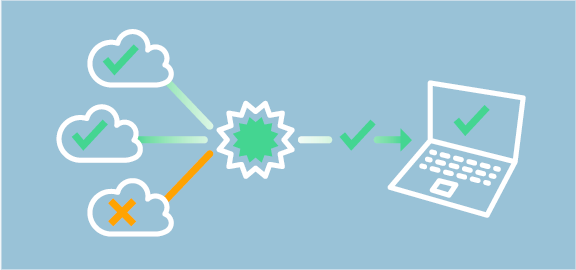There are many ways to filter web content for your business. One way is to use a keyword search engine such as Google or Yahoo. Another way is to use a content management system (CMS) like WordPress or Drupal, which allows you to create custom filters that apply to specific pages or posts.
You can also create custom RSS feeds that include only approved content, or use social media platforms like Twitter and Facebook to share only positive content. You can easily look for web filtering software from online sources.

Image Source: Google
Whatever method you choose, be sure to test it first so that you know how it works and how effective it is at filtering out inappropriate material. And be sure to keep in mind the following tips when filtering web content:
• Use appropriate keywords – Keyword filters should be based on relevant terms that are likely to be found on your website or in the content you publish.
• Keep your filters up-to-date – As new information becomes available, update your filters accordingly.
• Be careful with copyright restrictions – Some web sites may have restrictions on the use of their copyrighted material, so be sure to check before using any restricted content.
Web content is a valuable source of information for businesses. However, it can be difficult to determine what information is relevant and useful for your business. You can filter web content to help you find the information you need. To filter web content, first determine what type of information you want to find. You can filter web content based on topics, authors, or keywords. Then use the tools available to you to find the information you need.
Some tools that can help you filter web content include search engines, Google Scholar, and Google's Webmaster Tools. Other options include using keyword lists or topic directories.